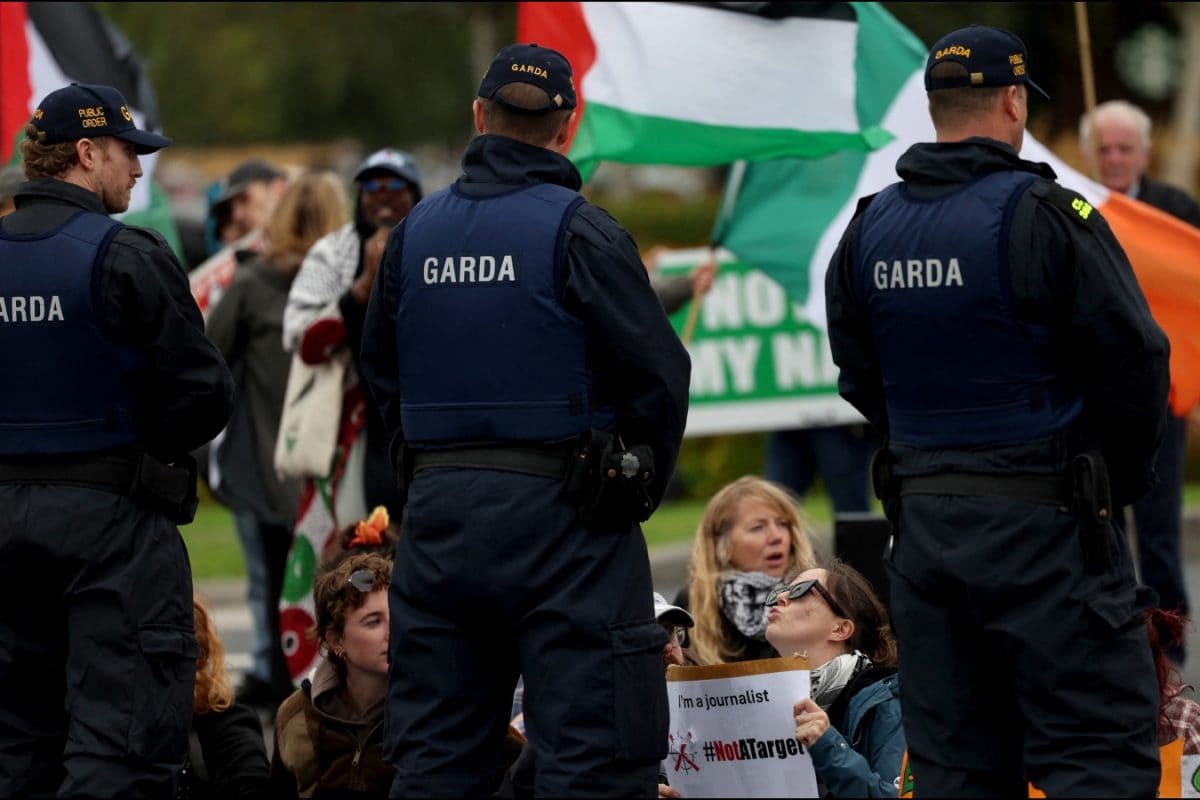

A wave of racial abuse and attacks targeting the Indian community in Ireland, particularly in Dublin, has sparked widespread concern and prompted calls for urgent action. The incidents range from verbal harassment to physical assaults, with even young children becoming targets.
One recent incident involved an Indian family waiting at a bus stop in Dublin when they were approached by two young boys. According to a social media post by a friend of the woman, the boys initially asked for selfies with the woman's 60-year-old father but soon began mocking him. The situation escalated when one of the boys allegedly tried to grab the man's wallet and then made inappropriate gestures. The woman stated that the ordeal left her family feeling defenseless.
This incident is just one of several that have occurred recently. A six-year-old girl of Indian origin was attacked by a group of children in Waterford City, who subjected her to racial slurs and physical violence. In another case, an Indian-origin taxi driver was assaulted in Ballymun, a suburb of Dublin, with the assailants shouting "Go back to your own country". Additionally, a 32-year-old Indian data scientist suffered a fractured cheekbone after being beaten by a group of teenagers near his apartment.
The rise in attacks has prompted the Indian Embassy in Dublin to issue a safety advisory, urging Indian citizens to take precautions and avoid deserted areas. The embassy stated that there has been an increase in reported physical attacks against Indian citizens in Ireland and that they are in contact with Irish authorities regarding the matter.
These incidents have triggered fear and outrage within the Indian diaspora in Ireland, with many questioning the extent of racism and whether enough is being done to protect migrant communities. Community leaders and advocacy groups have reported a rise in racist harassment and assaults, particularly in the Dublin area. Some victims believe that the situation is worsening, citing an increase in hostile, racially charged encounters fueled by hateful rhetoric on social media.
The Garda Síochána (Irish police) has stated its commitment to addressing the problem, but some victims feel that progress is lacking. Critics point to a lack of arrests despite the availability of CCTV footage, eyewitness accounts, and social media evidence.
Politicians and community organizations have condemned the attacks and called for a stronger response from the government. Some have called for a dedicated task force to address racist violence, ensure enforcement of hate crime laws, and provide support to victims. Others have urged the government to expedite the implementation of the National Action Plan Against Racism.
The recent incidents have raised concerns about Ireland's reputation as a welcoming and inclusive society. Some worry that the country is at risk of being remembered for its silence in the face of racial brutality. There have been calls for civil society and individual citizens to reject those who perpetrate these acts and to stand in solidarity with the victims.